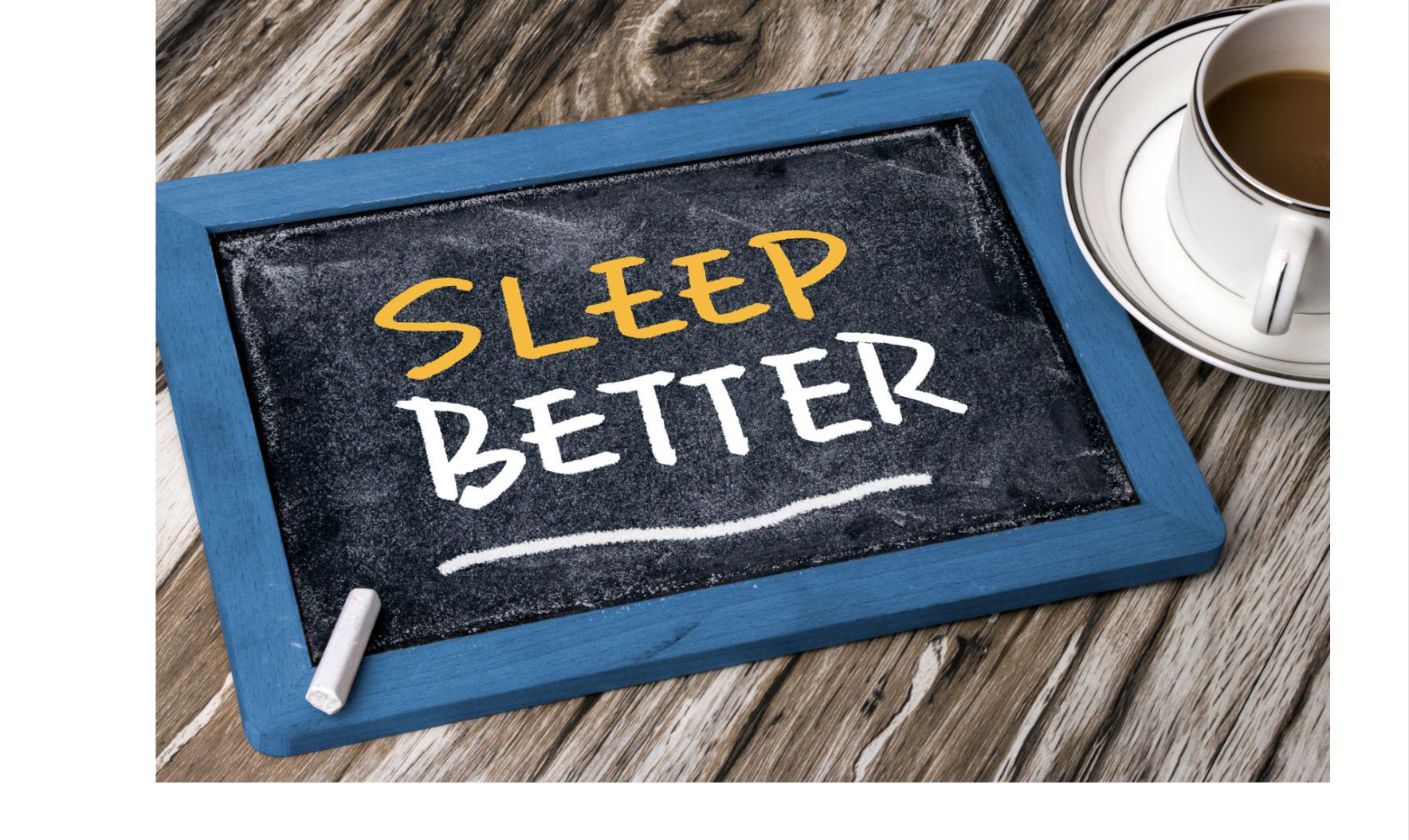We all feel tired at times. Illnesses, changes in diet, travel, and certain seasons of life can all leave us craving more time to snooze. Feeling tired every so often is unpleasant but normal. Feeling tired constantly is debilitating and dangerous.
In a world where the demands of work, family, and personal life can seem unrelenting, we often overlook one essential aspect of our well-being: sleep!
- According to the CDC, one in three adults in the United States does not get enough sleep on a regular basis.
- The National Sleep Foundation’s Sleep Health Index found that nearly half of Americans said poor or insufficient sleep affected their daily activities at least once in the past week.
- A survey by the Better Sleep Council revealed that over two-thirds (70%) of U.S. adults wake up tired, and over half (60%) say they rarely, if ever, wake up rested or refreshed.
These statistics made me wonder why people are so willing to “put up” with functioning on a half-full tank. Because of fatigue, we’re often forced to eliminate the daily activities that bring us life and joy. We begin to view an evening jog, preparing a home-cooked meal, or enjoying a night out with a friend as burdensome. This is just what satan likes to see. Let’s take back our lives. Let’s start living life to the fullest!
One thing that really helps me when I wake up during the night is to turn to prayer. If there is anything on my mind, I ask God to take the weight off me. I ask Him to help me fall asleep, and if I don’t fall back asleep, I ask Him to give me the energy needed to do all that He has planned for me. I REALLY recommend giving prayer a try when you’re struggling to sleep.
Here are three things that may help you get a peaceful night’s sleep!
1.) Exercise Regularly
When feeling a bit sluggish, exercise may be just what you need. I am not saying that getting a good night’s sleep isn’t important, but the great thing about physical activity is that it rejuvenates us!
When we engage in physical activity, we stimulate the flow of oxygen and nutrients to our tissues, fueling our cells and promoting optimal function throughout the body. Moreover, exercise stimulates the release of endorphins, the body’s natural mood elevators, which combat feelings of lethargy and fatigue. If you find workouts boring or struggle with knowing what exercises to do, we are here to help! Check out our fitness library with hundreds of workouts to choose from!
I do not recommend doing an upbeat workout just before bed. As I mentioned, exercise can wake you up, so avoid doing it within 2 hours of bedtime. Doing slower-paced stretching may be just what you need to have a good night’s sleep. Stretching increases blood flow to the muscles, alleviates muscle tension, and activates your parasympathetic nervous system. Our stretching videos include messages and music that help you put your mind on Jesus. This is a winning combination for a good night’s rest. Check out some of our Relaxing Stretch videos by clicking HERE.
2.) Limit Caffeine and Sugar Intake
By limiting caffeine and sugar intake, especially in the afternoon and evening, you allow your body to naturally wind down and prepare for sleep. You also set yourself up for better overall wellness and daytime alertness.
While these two ingredients provide a temporary energy boost, excessive consumption can result in dependency and disrupted sleep patterns. Additionally, both ingredients are central nervous system stimulants that can interfere with the body’s ability to relax and fall asleep.
Caffeine, in particular, interferes with the body’s natural production of melatonin, a hormone that regulates sleep-wake cycles. It also has a half-life of about 5-6 hours in the average adult, meaning it takes that long for the body to eliminate half of the caffeine consumed. So, limiting caffeine later in the day ensures that its stimulating effects have diminished by bedtime, allowing you to experience deeper, more restful sleep cycles.
Research suggests that high sugar intake, especially from sources like refined carbohydrates and sugary beverages, also results in poor-quality sleep. It reduces time spent in restorative sleep stages such as deep sleep (slow-wave sleep) and rapid eye movement (REM) sleep.
In general, it is wise to avoid excessive consumption of processed foods, sugary snacks, and caffeine. If you have a sugar craving or feel an urge to have an evening cup of coffee, I urge you to turn to a healthier alternative. Opt for nutrient-dense foods rich in complex carbohydrates, protein, fiber, and healthy fats, which can provide a steady source of energy without causing energy crashes or disrupting sleep.
3.) Establish a Routine
Sticking to a predictable daily routine, including regular meal times, exercise, and sleep schedules, can help combat fatigue in several ways.
Maintaining a consistent sleep schedule can help regulate your body’s internal clock, known as the circadian rhythm. Going to bed and waking up at the same time every day, even on weekends, can improve sleep quality and ensure that you get enough restorative sleep each night, reducing daytime fatigue.
Another way to reduce feelings of fatigue is by establishing regular mealtimes and eating balanced meals. Doing so can help stabilize blood sugar levels, prevent energy crashes, and provide a steady source of energy throughout the day.
As I’m sure you can relate to, many things are SCREAMING for our attention throughout the day. Having a structured routine can help you prioritize tasks and manage your time more efficiently. By breaking down your day into manageable chunks and allocating time for work, rest, and leisure activities, you can prevent burnout and avoid overexertion.
I want to be sure to note that fatigue is a common side effect of over-the-counter and prescription medications. Allergy, antidepressants, anxiety medications, blood pressure medications, and epilepsy medications are all known to cause fatigue. Different types of cancer treatment can also contribute to exhaustion. If your medication makes you feel worn out, I am not saying that you should stop taking it. You can try other ways to get an energy boost, including the ones we’ll go over in this article!
Fatigue, especially when chronic or severe, can have significant negative effects on your productivity, health, and overall quality of life. As followers of Jesus, we must recognize that God does not desire for us to live in a perpetual state of exhaustion. We can find rest and restoration in Him!
What is one step you can take today that will allow you to live life more fully?











